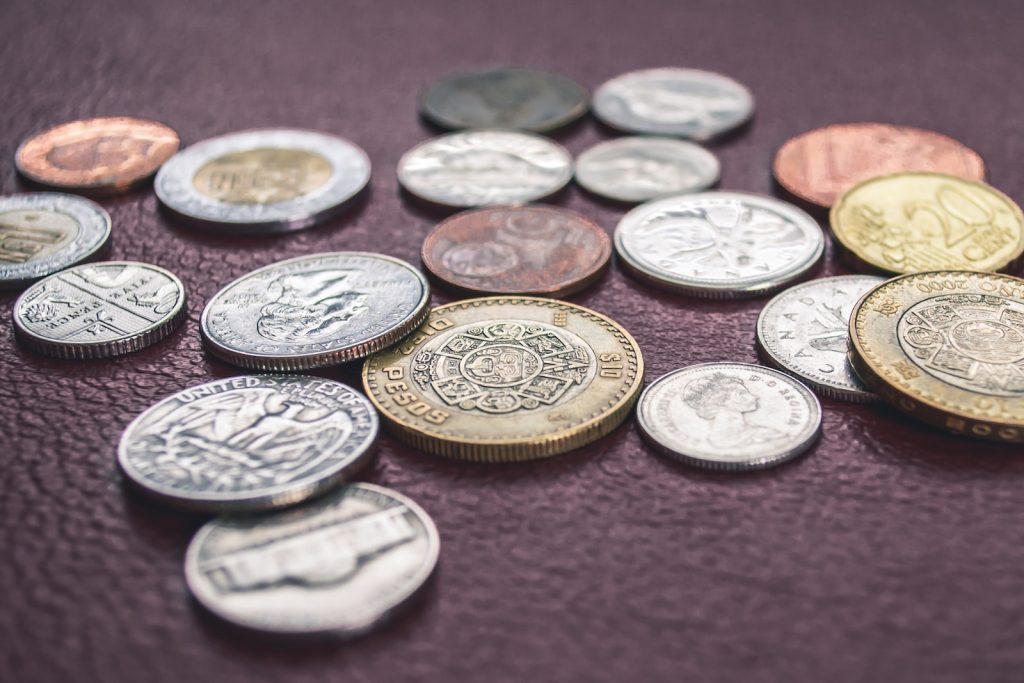Hello there, fellow ethical spenders and financial enthusiasts! It’s me, Amanda Moneywise, your trusty guide into the captivating world of ethical financial innovations. As we embark on this exciting journey, prepare to be amazed by the intriguing ways in which we can align our financial choices with our values, all while making a positive impact on the world.
In the ever-evolving landscape of personal finance, the term “ethical spending” has become more than just a buzzword; it’s a lifestyle choice that empowers individuals to put their money where their heart is. Today, we’re going to explore some remarkable innovations that have emerged in recent years, giving us even more tools to build a better financial future for ourselves and our planet.
Ethical Investing and ESG

Let’s kick things off with one of the hottest topics in the world of ethical finance: ESG investing. ESG stands for Environmental, Social, and Governance, and it’s a set of criteria that investors use to assess a company’s impact beyond just profits.
Imagine investing your hard-earned dollars in companies that prioritize sustainability, diversity, and responsible governance. Companies like Patagonia and Tesla are prime examples of those leading the charge. Not only do these firms deliver on financial returns, but they’re also making strides to reduce their carbon footprint and promote social responsibility.
But you don’t need to be a millionaire to get involved! Robo-advisors like Betterment and Wealthfront offer ESG portfolios that let you invest with a conscience, even if you’re just starting out with small investments. Your dollars can help companies that are actively working towards a more sustainable and equitable future.
Ethical Banking and Credit Unions
Moving on to a cornerstone of our financial lives: banking. Traditional banks might not always align with our values, especially when it comes to issues like fossil fuel financing and predatory lending practices. Enter ethical banks and credit unions, the financial institutions that put their community and planet first.
Take the example of Aspiration, a neobank with a mission to “save the planet while you save money.” Aspiration not only offers competitive interest rates on savings accounts and cashback rewards on purchases, but they also make it easy to track the environmental impact of your spending and invest in sustainable projects.
Credit unions are another ethical choice. These member-owned financial cooperatives often provide better interest rates on loans and savings accounts, while also investing in their local communities. By choosing a credit union, you’re not just a customer; you’re a member with a say in how the institution is run.
Ethical Crowdfunding and Impact Investing
Now, let’s venture into the world of crowdfunding and impact investing. Thanks to innovative platforms like Kickstarter and Indiegogo, you can support ethical projects and startups directly. Whether it’s backing a sustainable fashion line or funding a community garden, your contributions can make a real difference.
Impact investing takes it a step further by offering you the opportunity to invest in startups and projects that align with your values. Platforms like ImpactAssets and Swell Investing allow you to invest in portfolios targeting issues such as clean energy, gender equality, and affordable housing.
Ethical Budgeting Apps
Managing your finances is essential, but it doesn’t have to be a soul-sucking experience. Ethical budgeting apps like Goodbudget and YNAB (You Need A Budget) bring a breath of fresh air to personal finance.
Goodbudget, for instance, employs a digital envelope system to help you allocate your money to different spending categories while staying true to your ethical values. You can easily track your spending on groceries, transportation, and even charity, ensuring that your money goes where it matters most.
Ethical Insurance
Yes, even insurance can be ethical! Companies like Lemonade are revolutionizing the industry by reimagining the way insurance works. They take a flat fee and use the rest of your premiums for payouts and charitable donations, rather than trying to maximize profits. It’s a win-win: you get affordable coverage, and your money supports causes you care about.

Ethical Peer-to-Peer Lending
Traditional banks aren’t always the best option when it comes to personal loans. Ethical peer-to-peer lending platforms like Prosper and LendingClub allow you to borrow money from individuals or investors who believe in your financial goals. This way, you can access funds while avoiding the traditional banking system’s often exploitative practices.
Ethical Cryptocurrencies and Blockchain
Cryptocurrencies like Bitcoin and Ethereum have garnered plenty of attention for their potential to disrupt traditional finance. However, they’ve also raised concerns about their environmental impact due to energy-intensive mining processes. But wait, there’s good news! Ethical cryptocurrencies like Chia and Tezos are emerging, utilizing more sustainable blockchain technologies.
In Conclusion
As we wrap up our deep dive into the world of ethical financial innovations, it’s clear that there’s a growing movement of individuals who refuse to compromise their values when it comes to money matters. From ESG investing to ethical banking, crowdfunding, and even blockchain technologies, the options for aligning your finances with your values are more abundant and accessible than ever before.

































